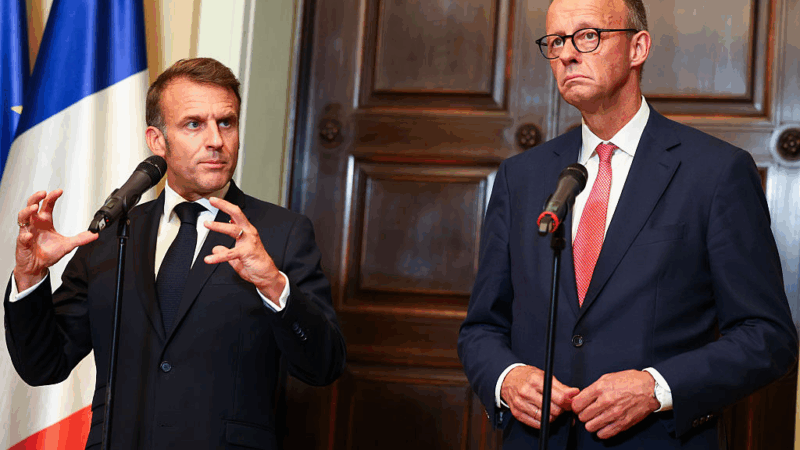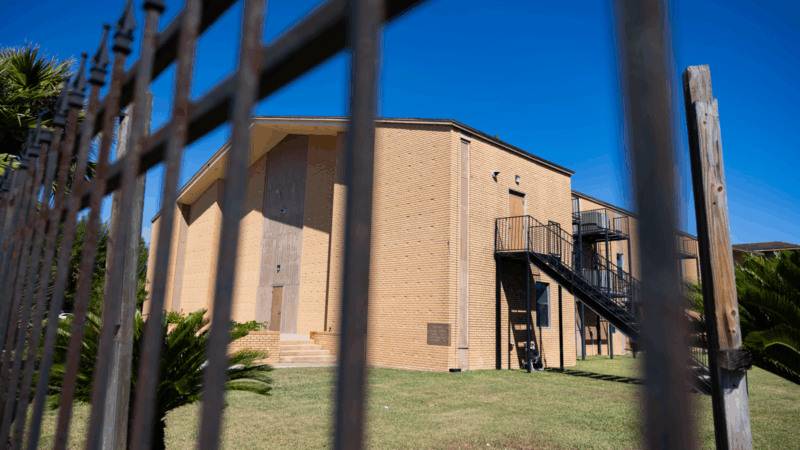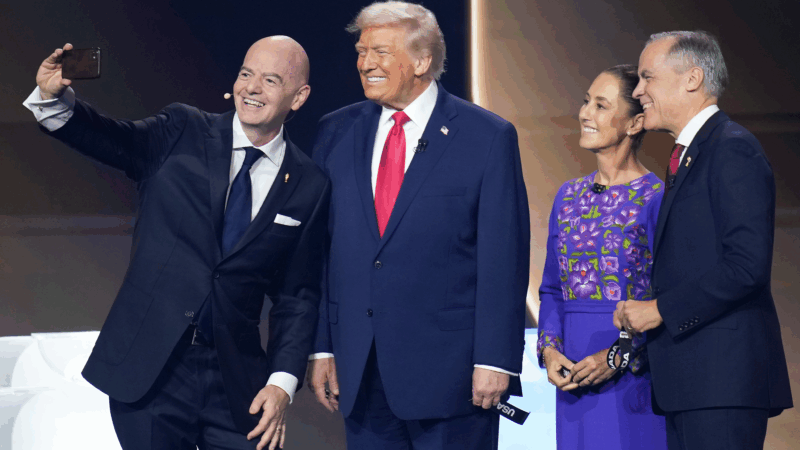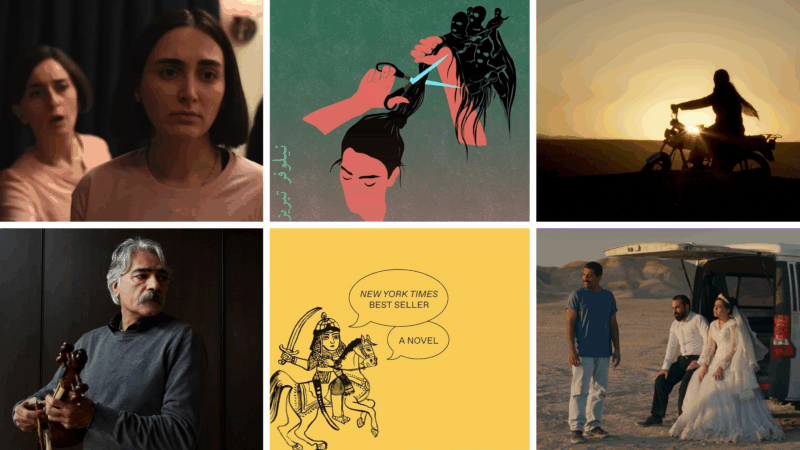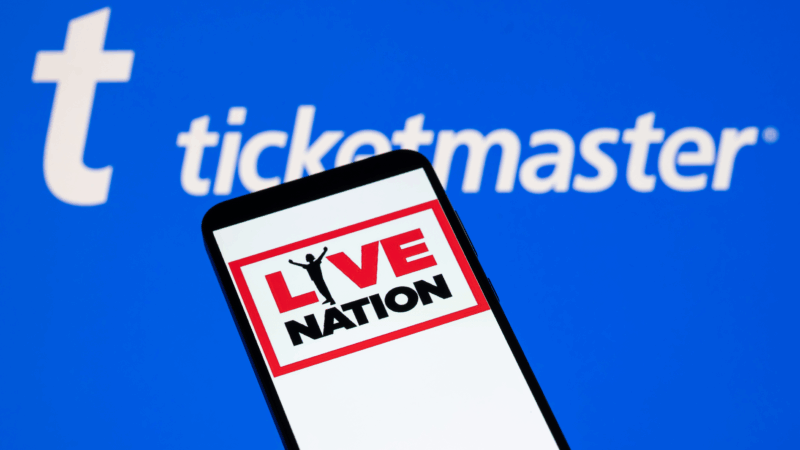European leaders urge for Ukraine to be included in Trump-Putin Alaska peace talks
As President Trump and Russian President Vladimir Putin prepare to meet in Alaska later this week, European leaders have stressed that Ukraine must be included in any talks with Russia over ending the war in Ukraine.
Leaders including French President Emmanuel Macron, German Chancellor Friedrich Merz, Polish Prime Minister Donald Tusk, U.K. Prime Minister Keir Starmer and European Commission President Ursula von der Leyen said they welcome Trump’s work to “stop the killing in Ukraine,” but that the “path to peace in Ukraine cannot be decided without Ukraine.”
“We are convinced that only an approach that combines active diplomacy, support to Ukraine and pressure on the Russian Federation to end their illegal war can succeed,” the leaders wrote in a joint statement issued on Saturday.
The European leaders also stressed in their joint statement a need for “robust and credible security guarantees” that allow Ukraine to defend its territory.
Their statement follows a meeting that Vice President JD Vance and U.K. Foreign Secretary David Lammy held with Ukrainian and European officials over the weekend in London.
Trump is set to meet with Putin on Friday in Alaska to discuss an end to the war. Vance said in an interview recorded before his overseas meeting that the meeting between Trump and Putin represents a “major breakthrough for American diplomacy.”
“We’re going to try to find some negotiated settlement that the Ukrainians and the Russians can live with where they can live in relative peace, where the killing stops,” Vance told Maria Bartiromo in an interview on Fox News’ Sunday Morning Futures.
“It’s not going to make anybody super happy. Both the Russians and the Ukrainians, probably, at the end of the day, are going to be unhappy with it,” Vance added.
Vance said the summit in Alaska came after months of American diplomats working to “break the logjam” in the war. “We’re at a point now … we’re now trying to figure out, frankly, scheduling and things like that, around when these three leaders could sit down and discuss an end to this conflict,” he said, speaking about Trump, Putin and Ukrainian President Volodymyr Zelenskyy.
Zelenskyy has said he supports Trump’s efforts to leverage a peace deal, but it is still unclear whether he will attend the meeting. Zelenskyy has maintained that Ukraine will not give up any land, and said it is up to Putin to end the war.
“The Ukrainian people deserve peace. But all partners must understand what a dignified peace is. This war must be brought to an end — and Russia must end it. Russia started it and is dragging it out, ignoring all deadlines, and that is the problem, not something else,” Zelenskyy said on Saturday. “Ukrainians will not gift their land to the occupier.”
Pregnant migrant girls are being sent to a Texas shelter flagged as medically risky
Government officials and advocates for the children worry the goal is to concentrate them in Texas, where abortion is banned.
The 2026 World Cup faces big challenges with only 100 days to go
Will Iran compete? Will violence in Mexico flare up? And what about funding for host cities in the U.S.? With only 100 days left before it beings, the 2026 World Cup in North America is facing a lot of uncertainty.
A glimpse of Iran, through the eyes of its artists and journalists
Understanding one of the world's oldest civilizations can't be achieved through a single film or book. But recent works of literature, journalism, music and film by Iranians are a powerful starting point.
Mitski comes undone
She may be indie rock's queen of precisely rendered emotion, but on Mitski's latest album, Nothing's About to Happen to Me, warped perspectives, questionable motives and possible hauntings abound.
This quiet epic is the top-grossing Japanese live action film of all time
The Oscar-nominated Kokuho tells a compelling story about friendship, the weight of history and the torturous road to becoming a star in Japan's Kabuki theater.
The Live Nation trial could reshape the music industry. Here’s what you need to know
On Tuesday opening statements will begin for the federal antitrust trial against Live Nation, one of the largest entertainment companies in the world.

